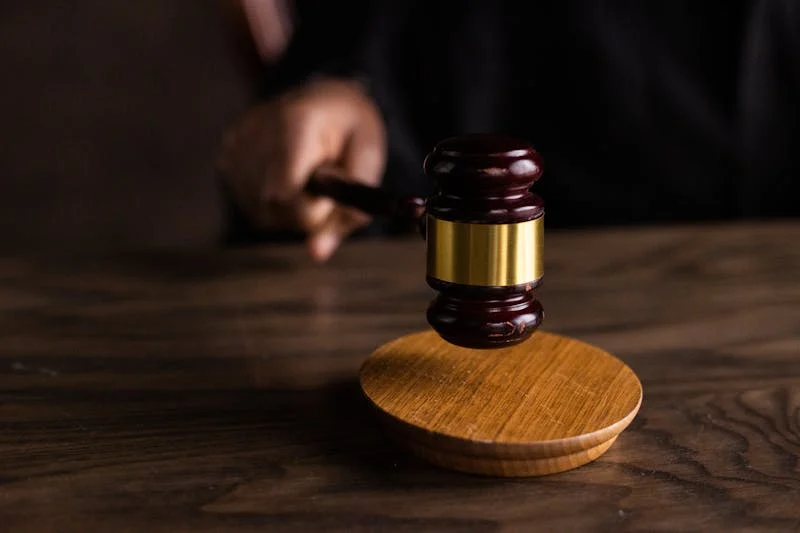Supreme Court’s Decision to Execute Farmer Sparks Widespread Outrage
The Supreme Court of Nigeria’s ruling to uphold the execution of Sunday Jackson, a farmer from Adamawa State, has sparked intense backlash across the country.
Jackson, who has long maintained that he acted in self-defense after being attacked by a Fulani herdsman, was sentenced to death after the court ruled that he should have fled instead of retaliating.
The case has raised serious concerns about the right to self-defense, with many critics arguing that the judgment ignored the imminent danger Jackson faced. The court found him guilty of murder for fatally stabbing the attacker after seizing his knife, even though Jackson himself had been stabbed twice.
The Christian Association of Nigeria (CAN) strongly condemned the verdict. Rev. John Hayab, the Northern CAN Chairman, urged Governor Ahmadu Umaru Fintiri of Adamawa State to grant Jackson a pardon, calling the ruling a miscarriage of justice that contradicts Sections 23 and 24 of the Adamawa State Penal Code.
Similarly, the Pene da Bwatiye Youth Wing and its national body denounced the decision, emphasizing that Jackson acted in self-defense. Pwano Jauro, president of the Bwatiye Development Association's Youth Wing, also appealed to Governor Fintiri to step in, stating that granting clemency would help maintain peace between farmers and herders.
During a press conference in Yola, Mr. Markus Gundiri, chairman of the Gongola People’s Forum, cited Section 212 of the Nigerian Constitution, which empowers the governor to grant pardons or commute sentences. He urged Fintiri to use his authority to prevent Jackson’s execution.
Legal and human rights organizations have harshly criticized the Supreme Court’s decision:
- Centre for Human and Socio-Economic Rights CEO, Alex Omotehinse, described the ruling as a devastating blow to ordinary Nigerians. He argued that Jackson’s actions should have been classified as manslaughter, not murder.
- International human rights lawyer, Emmanuel Ogebe, called it a dangerous precedent that undermines Nigerians' right to self-defense. He revealed that Jackson had poor legal representation, pointing out a 167-day delay between his trial’s conclusion and the judgment, violating Nigeria’s 90-day constitutional limit.
- US-based human rights activist William Devlin called it a dark day for Nigerian justice, questioning how a man defending himself while farming could be sentenced to death.
Ngozi Molokwu, CEO of Injustice Is Real, also challenged the legal process, stating that the prosecution failed to prove the murder charge beyond a reasonable doubt. She raised concerns about whether Jackson confessed under duress, as there was no clear evidence that his rights were properly explained before his statement was taken.
The case has ignited national and international debates on self-defense laws, fair trials, and legal protections for farmers amid ongoing conflicts with herders. With pressure mounting on Governor Fintiri to intervene, the decision could set a precedent for how Nigeria handles similar cases in the future.



Comments
Post a Comment